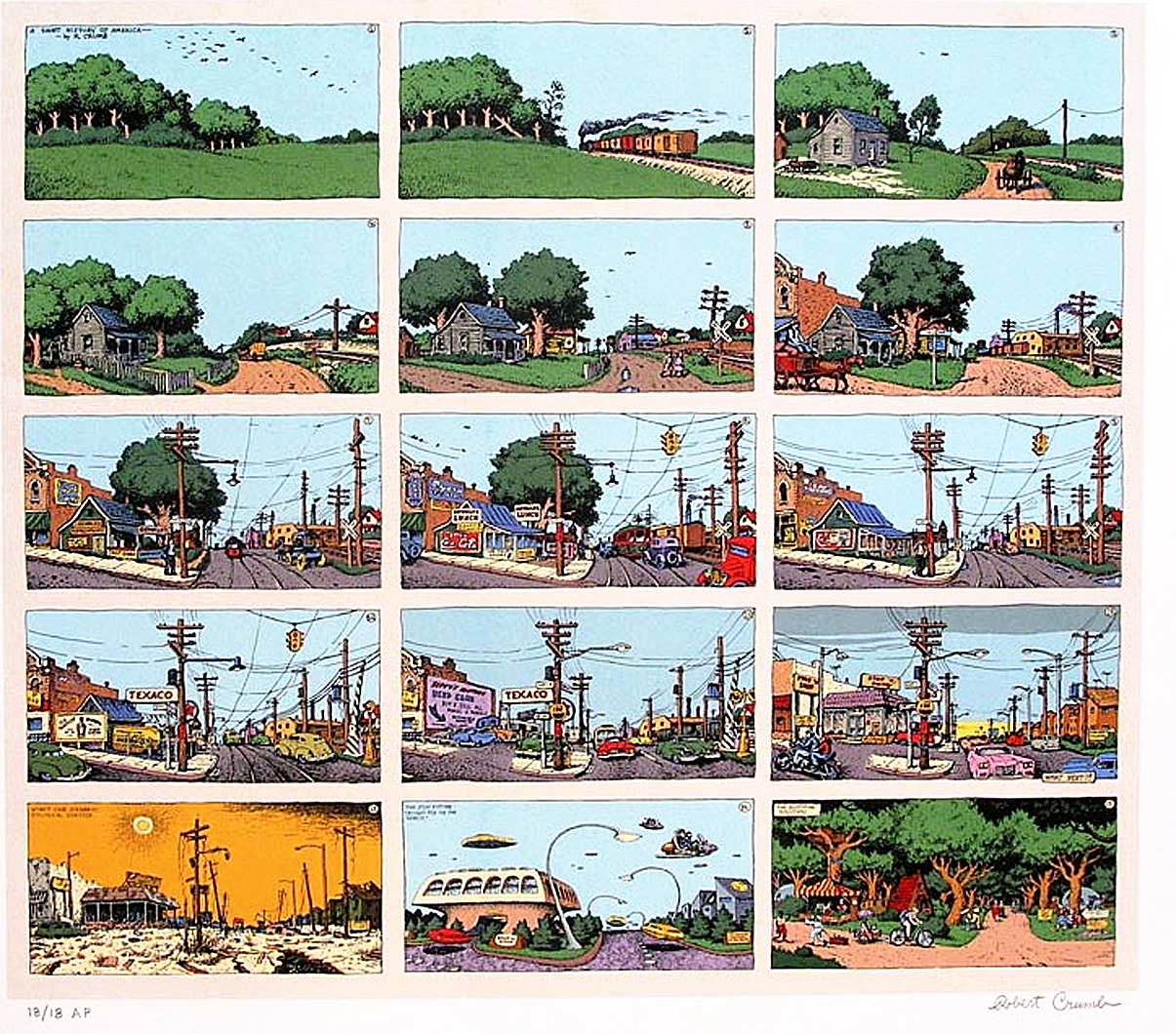LizzieMaine
Bartender
- Messages
- 34,140
- Location
- Where The Tourists Meet The Sea
The New Republic recently pointed out that the current debate over Atticus's legacy began long before the publication of GSAW.
This is something I used to think about, to be honest. Tom Robinson, in TKAM, is largely a plot device, rather than a real person. Part of that is due to the way the book is constructed -- told thru Scout's eyes, you could hardly expect her to have any particular insight into what Robinson is really like -- but part of it comes from the way Atticus himself approaches the case, as a legal problem less than a human one. He does the right thing because it's legally the right thing to do, but even at his most heroic it's impossible to imagine him sitting down at the same table to eat a meal with his client.
I think also that the movie of TKAM has influenced the modern-day view of Atticus even more than the book in one key respect -- as played by Gregory Peck, he comes across about twenty years younger than the age he's depicted as in the novel. Young and handsome in the shorthand of Hollywood tends to equal noble and forward-thinking -- it's hard to imagine someone who looks like Gregory Peck as being a hidebound reactionary.
“In the imagination he is much greater than he is in the actual books,” says Ann Engar, a professor at the University of Utah who has written about the novel’s influence on the legal profession: “In the book, for example, Atticus Finch is assigned to defend Tom Robinson. He doesn’t volunteer to do it.” Similarly Pryal found that “whenever I gave talks at conferences on he possibility that Atticus might not be the anti-racist hero everyone believes him to be, people would freak out because they hold Atticus very close to their hearts.”
This is something I used to think about, to be honest. Tom Robinson, in TKAM, is largely a plot device, rather than a real person. Part of that is due to the way the book is constructed -- told thru Scout's eyes, you could hardly expect her to have any particular insight into what Robinson is really like -- but part of it comes from the way Atticus himself approaches the case, as a legal problem less than a human one. He does the right thing because it's legally the right thing to do, but even at his most heroic it's impossible to imagine him sitting down at the same table to eat a meal with his client.
I think also that the movie of TKAM has influenced the modern-day view of Atticus even more than the book in one key respect -- as played by Gregory Peck, he comes across about twenty years younger than the age he's depicted as in the novel. Young and handsome in the shorthand of Hollywood tends to equal noble and forward-thinking -- it's hard to imagine someone who looks like Gregory Peck as being a hidebound reactionary.
Last edited:



